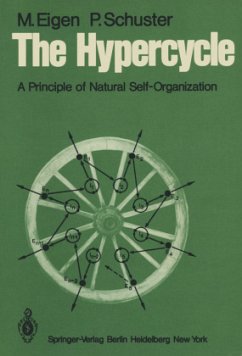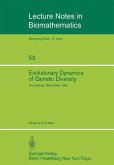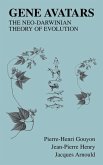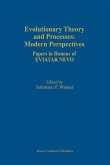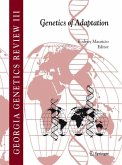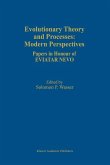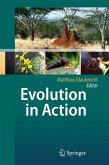This book originated from a series of papers which were published in "Die Naturwissenschaften" in 1977178. Its division into three parts is the reflection of a logic structure, which may be abstracted in the form of three theses: A. Hypercycles are a principle of natural selforganization allowing an inte gration and coherent evolution of a set of functionally coupled self-rep licative entities. B. Hypercycles are a novel class of nonlinear reaction networks with unique properties, amenable to a unified mathematical treatment. C. Hypercycles are able to originate in the mutant distribution of a single Darwinian quasi-species through stabilization of its diverging mutant genes. Once nucleated hypercycles evolve to higher complexity by a process analogous to gene duplication and specialization. In order to outline the meaning of the first statement we may refer to another principle of material selforganization, namely to Darwin's principle of natural selection. This principle as we see it today represents the only understood means for creating information, be it the blue print for a complex living organism which evolved from less complex ancestral forms, or be it a meaningful sequence of letters the selection of which can be simulated by evolutionary model games.
Hinweis: Dieser Artikel kann nur an eine deutsche Lieferadresse ausgeliefert werden.
Hinweis: Dieser Artikel kann nur an eine deutsche Lieferadresse ausgeliefert werden.

